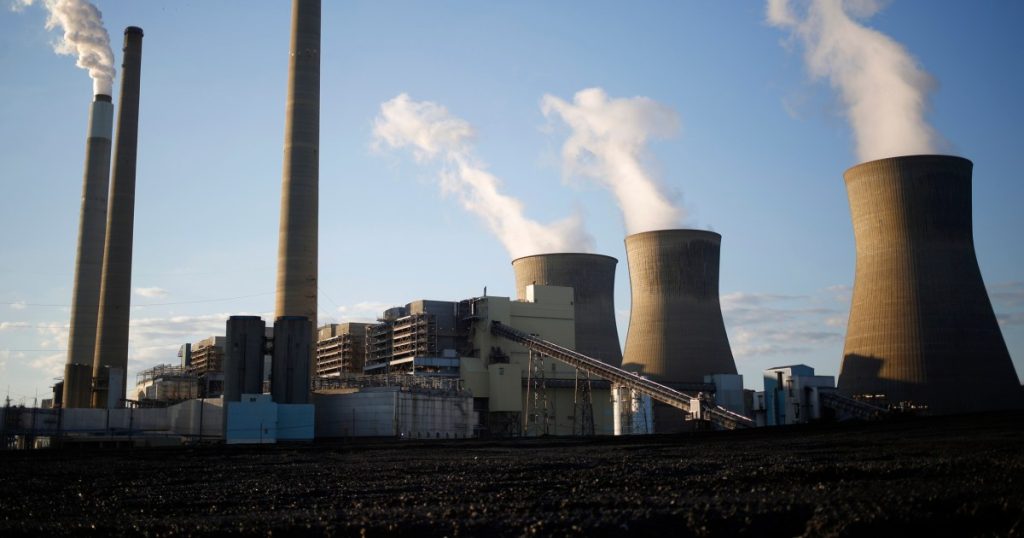The US aims to triple its nuclear fleet to keep up with electricity demand, reduce carbon emissions, and enhance energy security, according to Mike Goff from the Department of Energy. With 94 operational reactors supplying over 18% of the nation’s electricity in 2023, the US plans to add 200 gigawatts of nuclear power, equivalent to building 200 new plants, by 2050. Financial institutions like Goldman Sachs and Bank of America support this goal. Constellation Energy’s plan to restart Three Mile Island, which will supply electricity to Microsoft’s data centers, is a positive step, but more plants are needed.
Coal communities across the US provide the opportunity to build new nuclear plants as utilities phase out coal, creating a supply gap in some regions. The Department of Energy study suggests up to 174 gigawatts of nuclear power could be built at recently shuttered coal plants. Building at coal sites reduces costs by up to 30% compared to greenfield sites and benefits from existing infrastructure and experienced personnel. While cost overruns and long timelines are challenges, expanding operational plants and building at retired coal sites could create a pathway for up to 95 gigawatts of new reactors, potentially increasing the US’s nuclear capacity to 269 gigawatts.
The potential capacity depends on building advanced, smaller reactors or larger reactors with over a gigawatt of power. While smaller reactors could generate more electricity if rolled out on a large scale, they are still several years away from commercialization. The increasing demand for electricity from data centers, manufacturing, and the electrification of the economy could drive the construction of larger plants. The restart of Three Mile Island, which will provide under a gigawatt of power to meet Microsoft’s needs, could lead to a push for more gigawatt-sized reactors.
Goff emphasizes the importance of maintaining and shoring up the existing fleet of operational nuclear plants, particularly as reactors had been shutting down due to the competition from natural gas. The Inflation Reduction Act and growing recognition of the value of carbon-free baseload electricity are changing the economics of nuclear power. Constellation’s decision to restart Three Mile Island and Holtec International’s plan to restart Palisades in Michigan are subject to approval by the Nuclear Regulatory Commission, but Goff expects them to be approved based on the safety cases presented.
While Goff supports the restarts, finding additional plants to restart could be challenging, according to Doug True from the Nuclear Energy Institute. Many plants have already started the decommissioning process, making it harder to restart them. However, Goff believes that if safety cases are presented and approved, more nuclear plants could potentially be restarted to contribute to meeting the growing demand for clean, reliable, and carbon-free electricity in the US.


